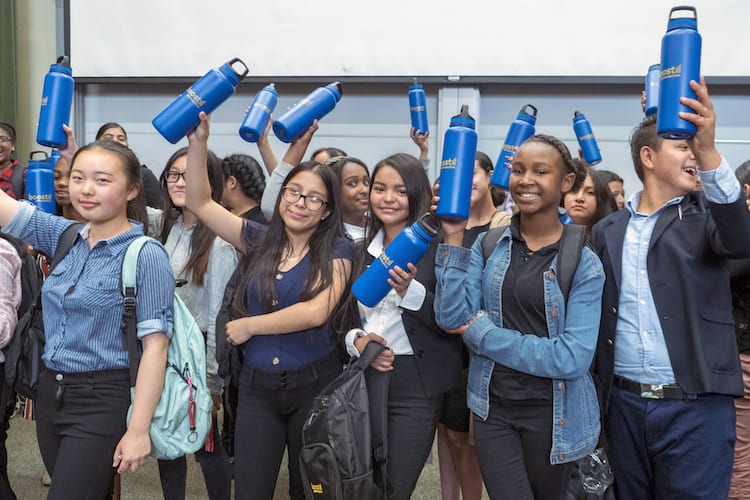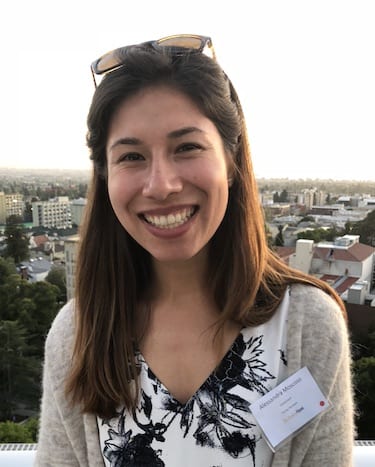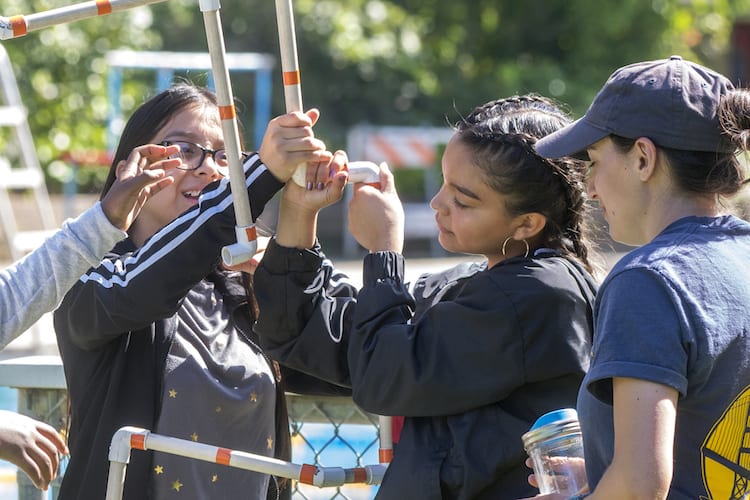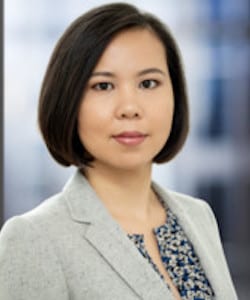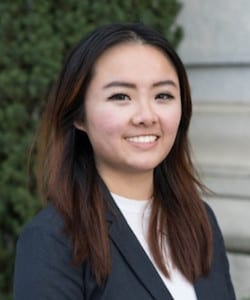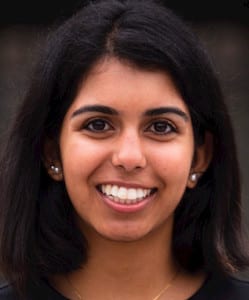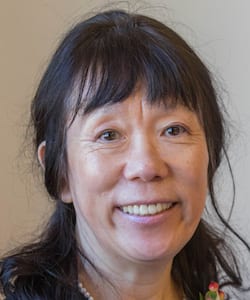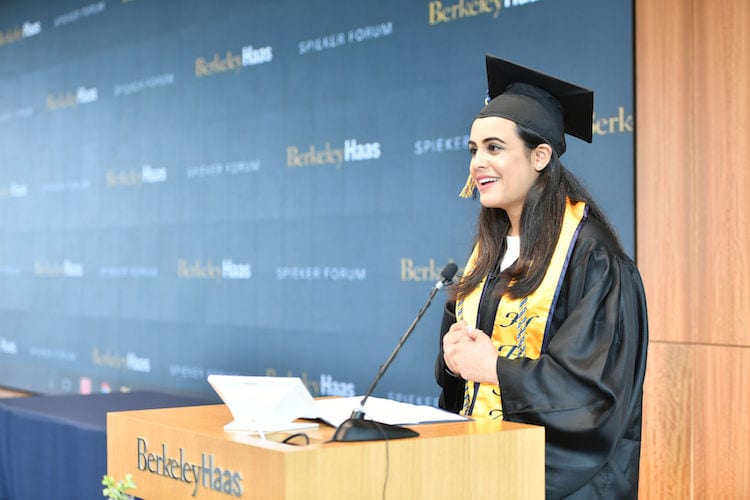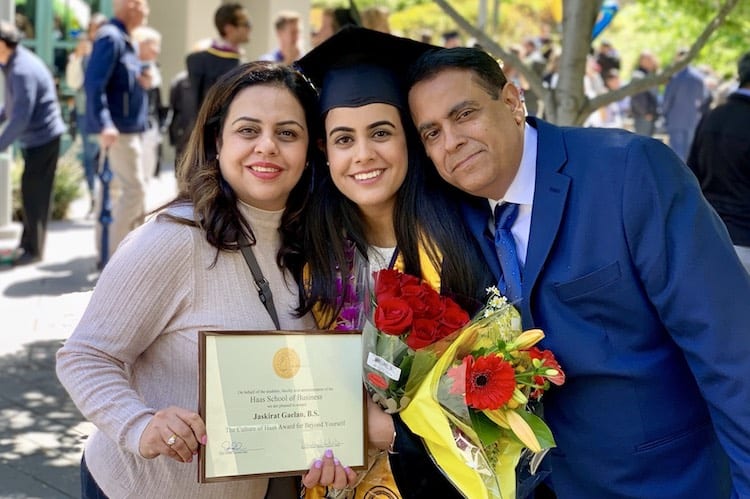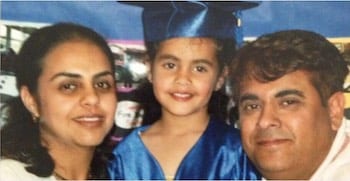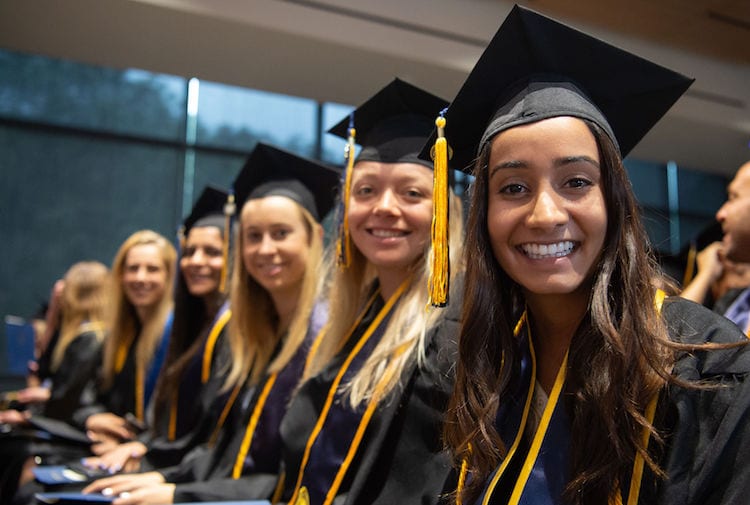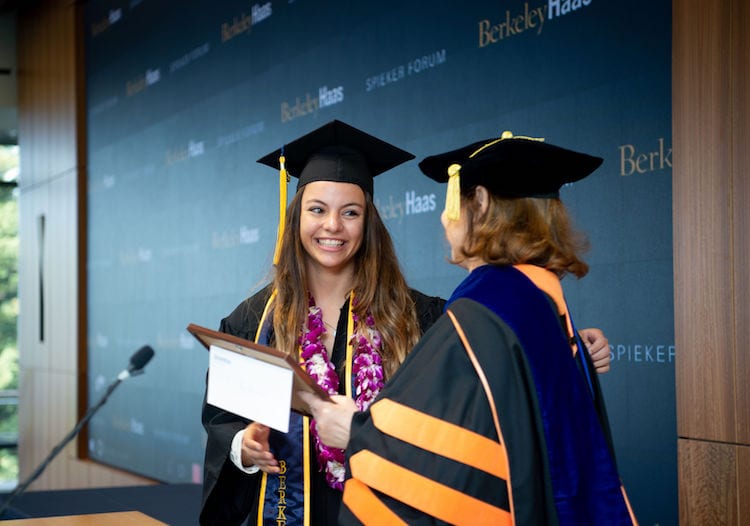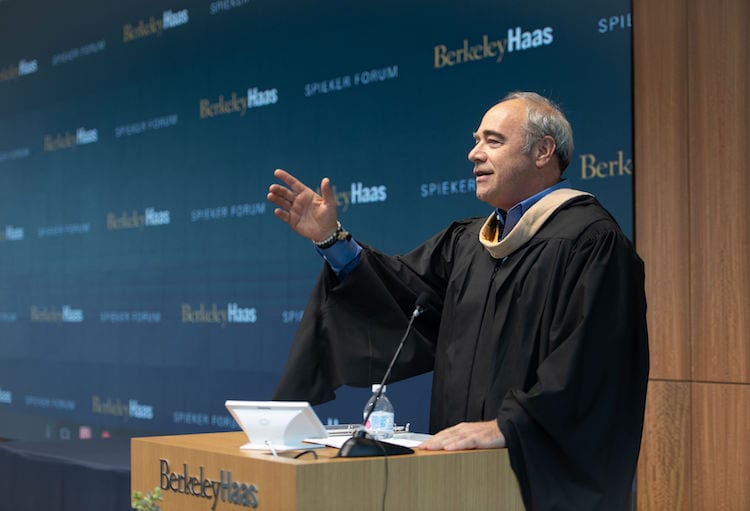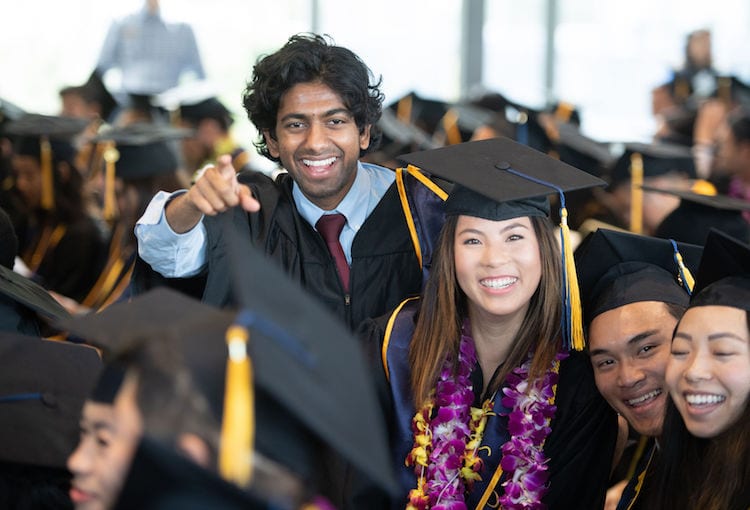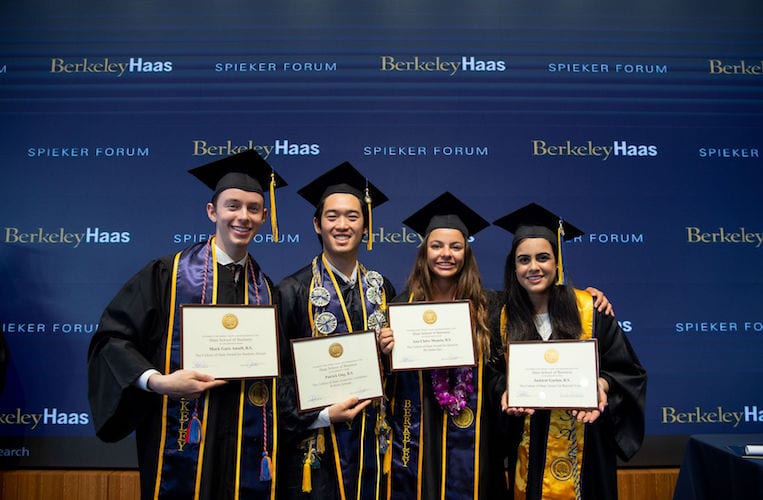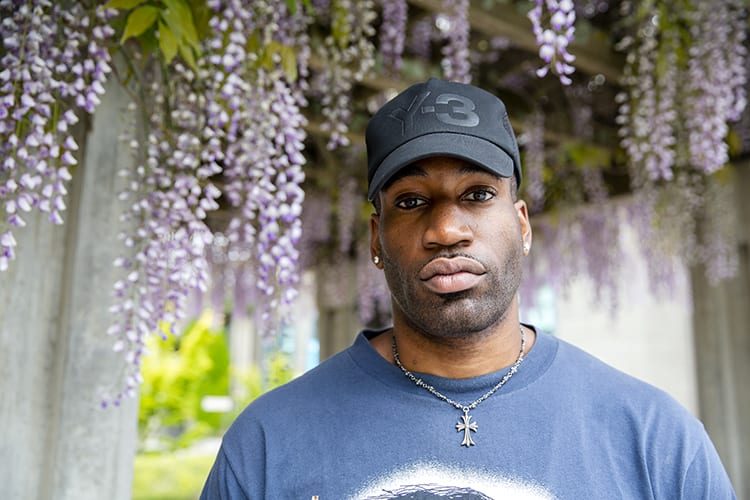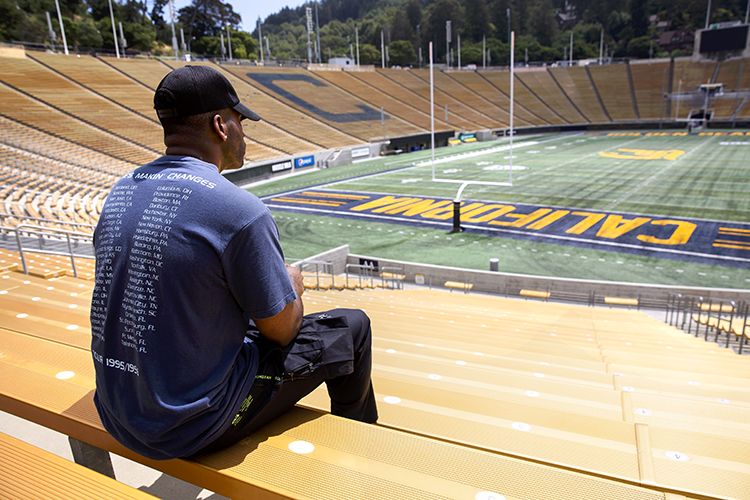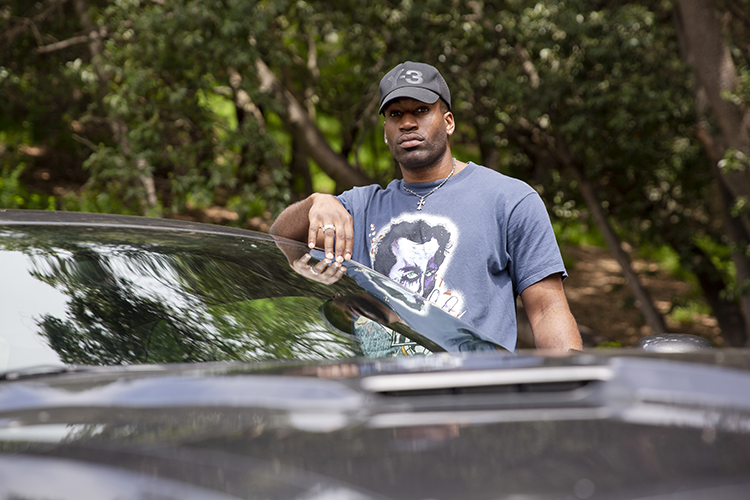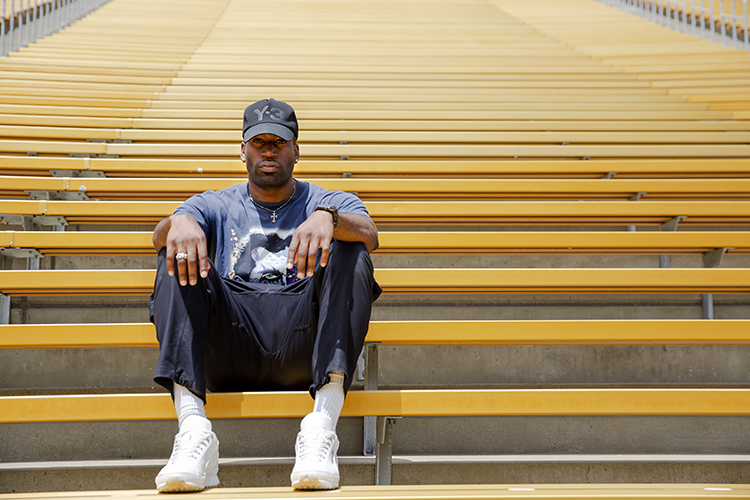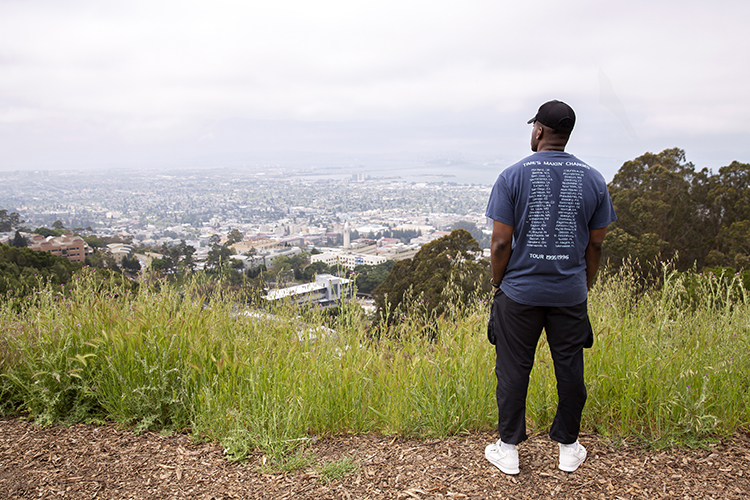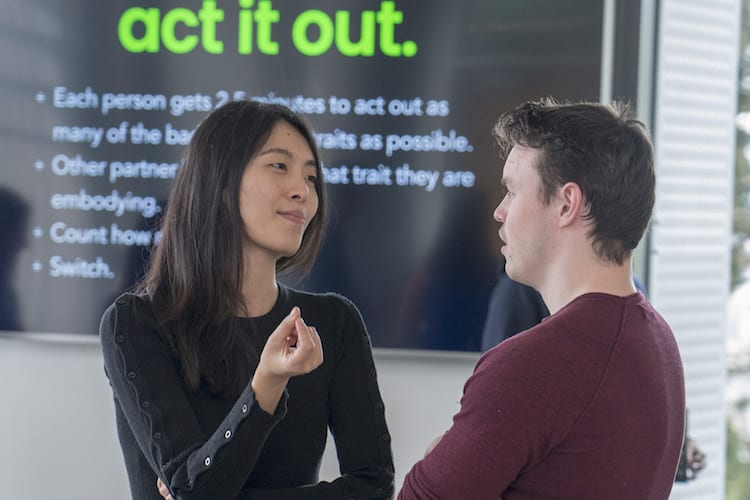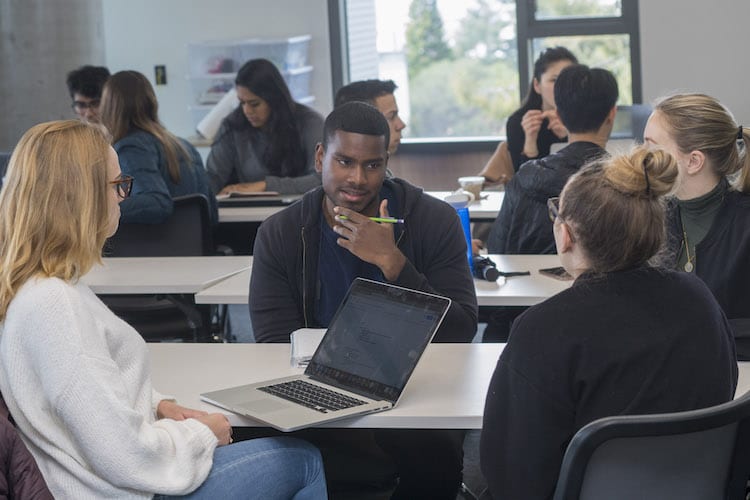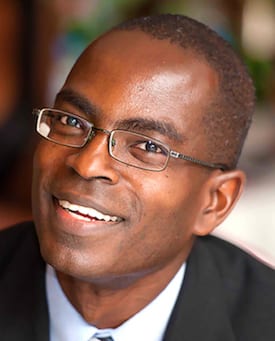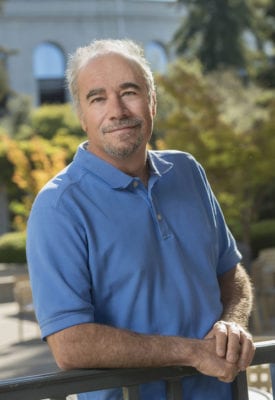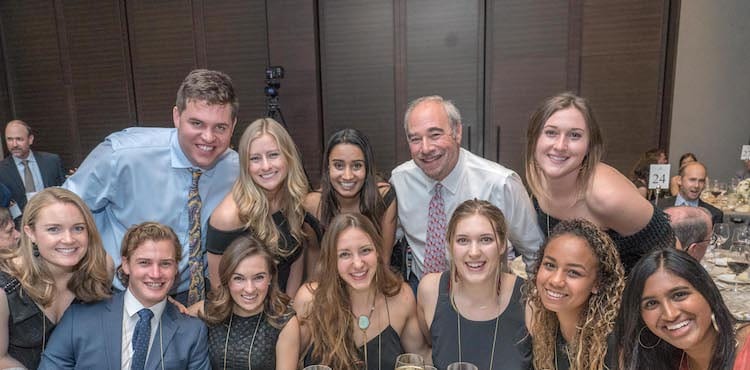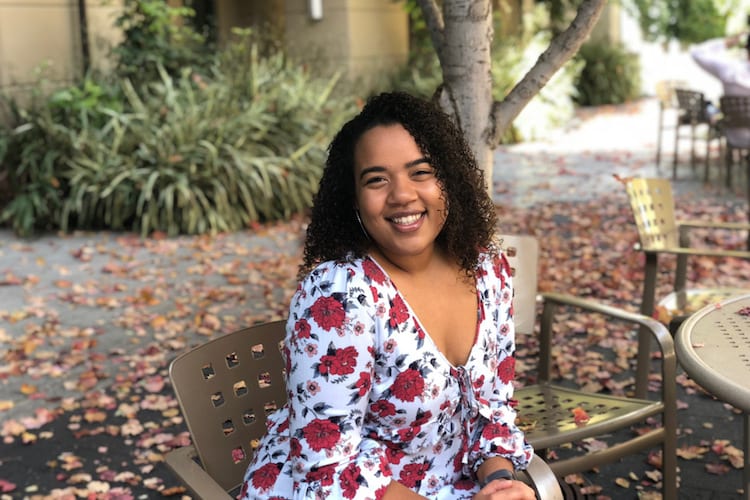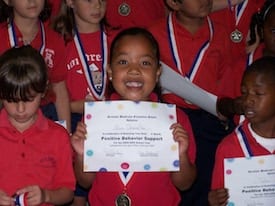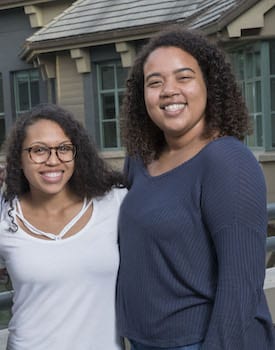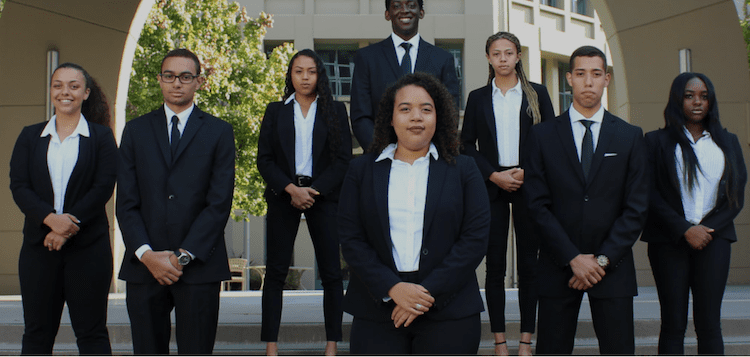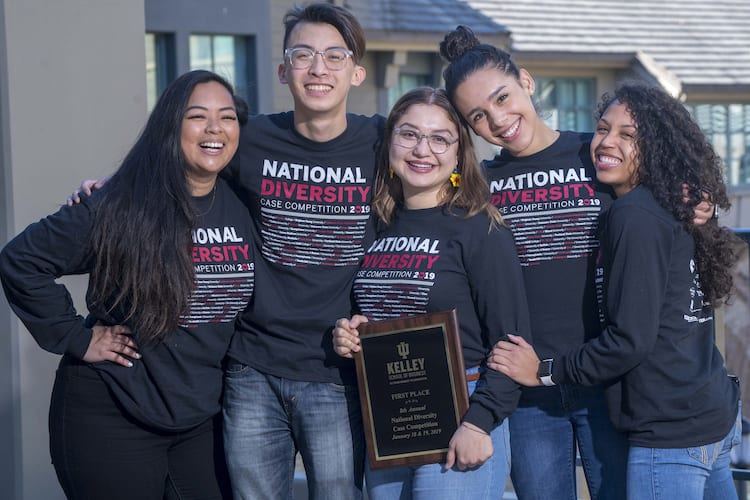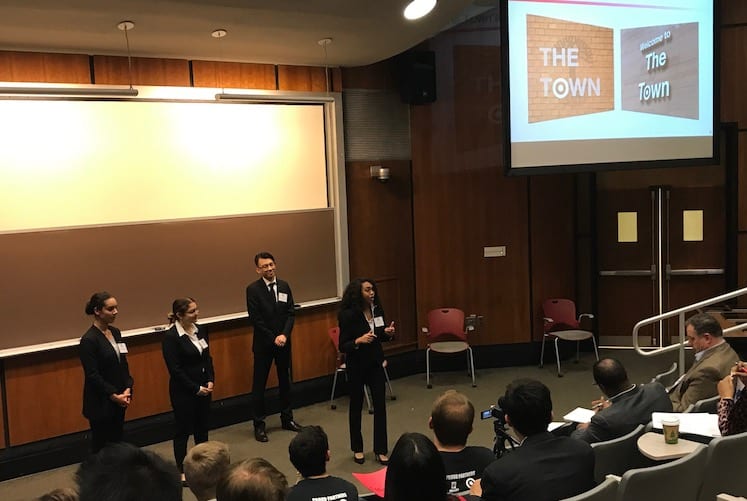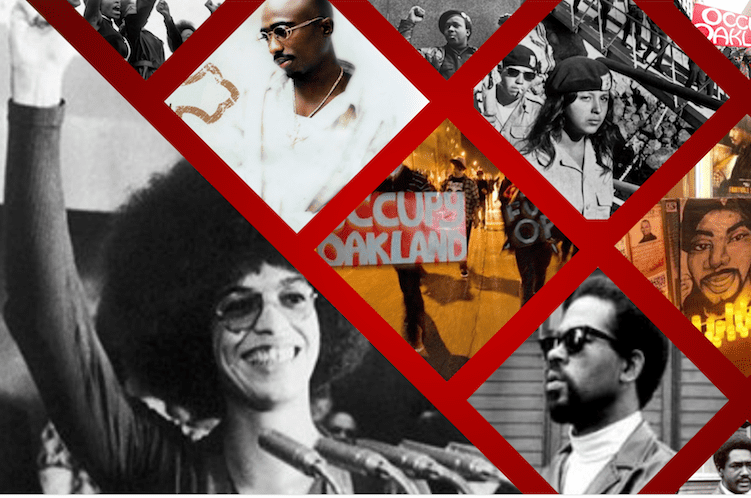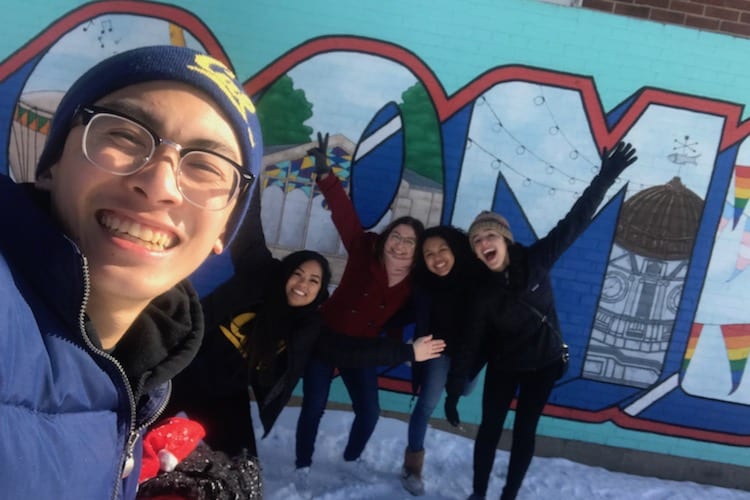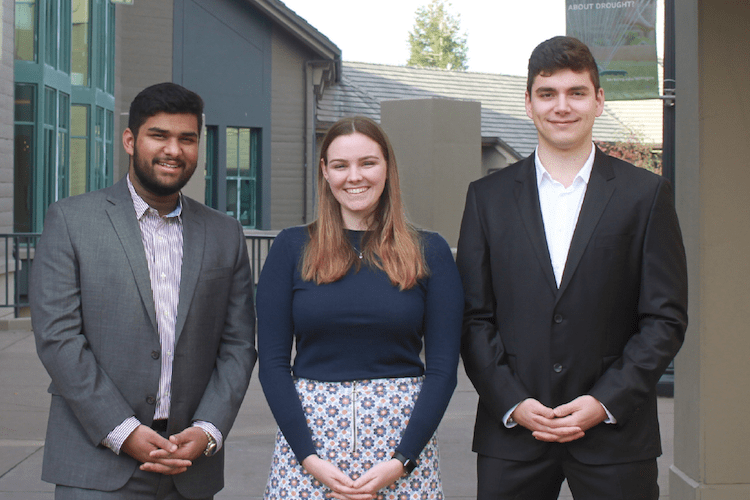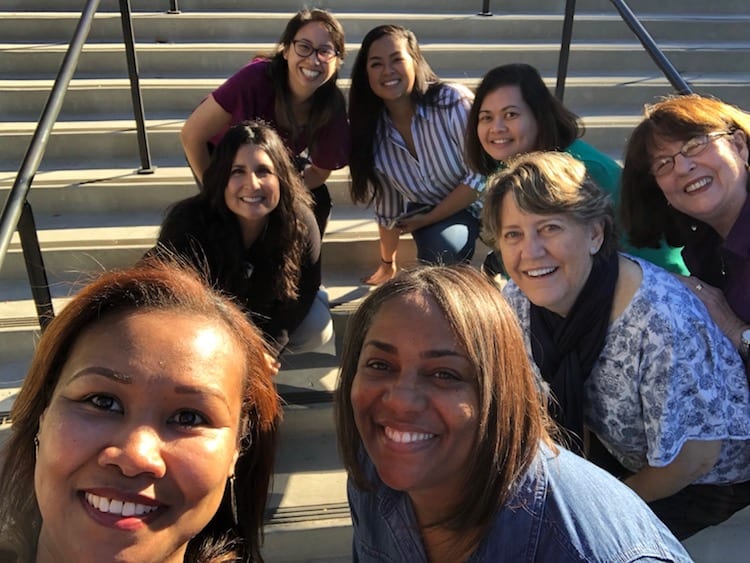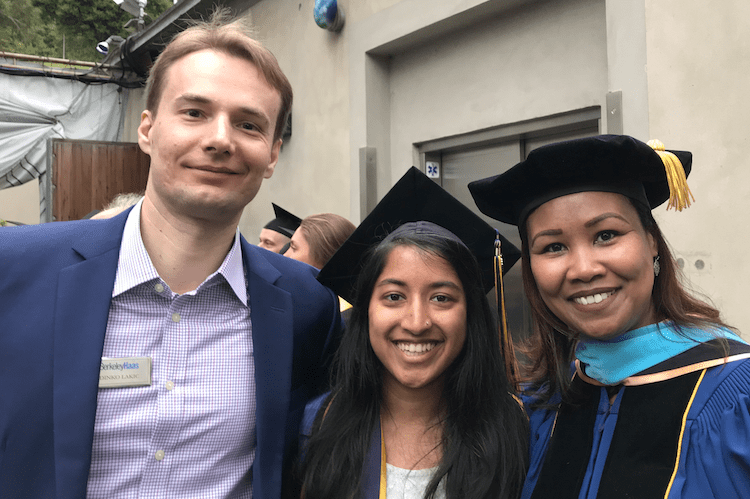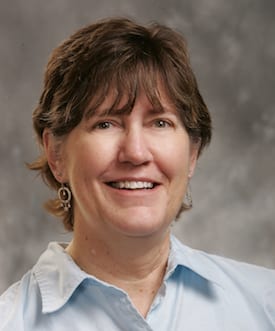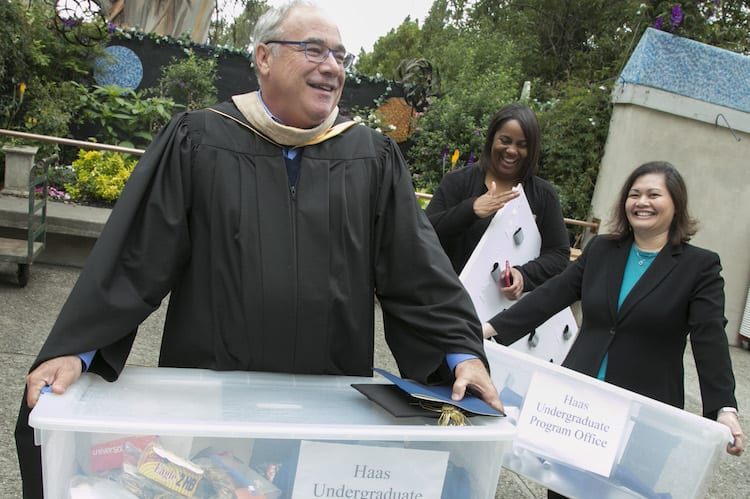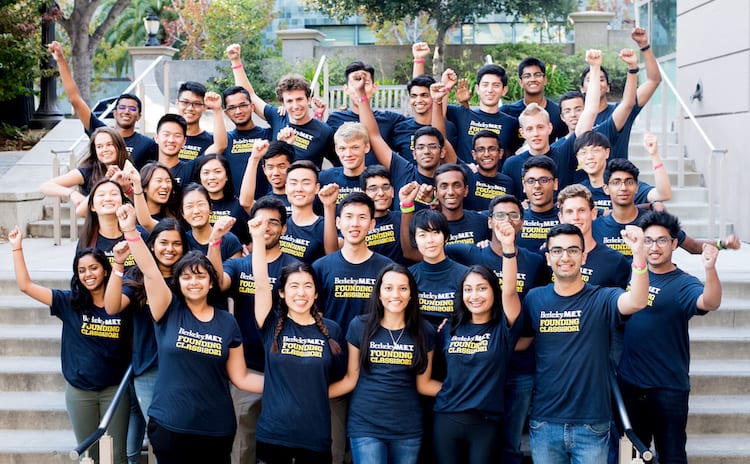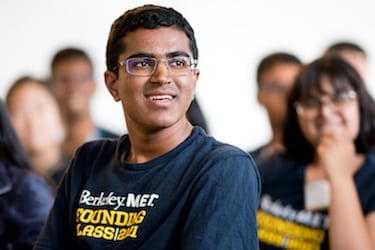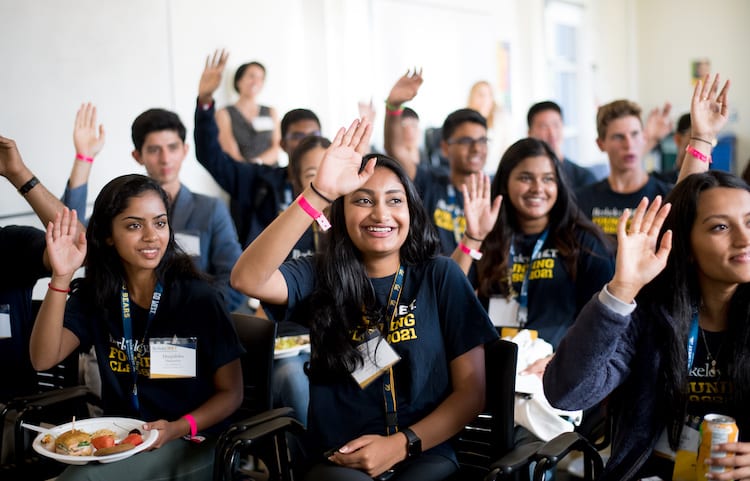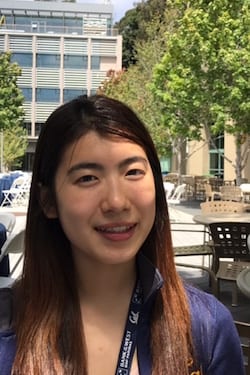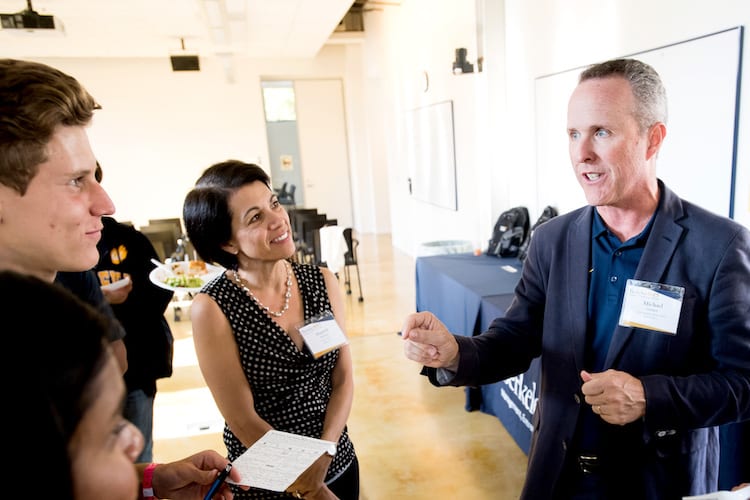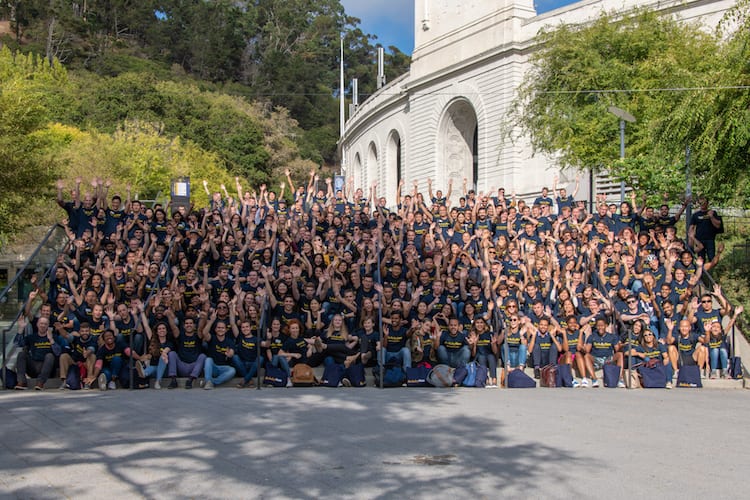
Haas welcomed new students in the full-time MBA, undergraduate, and PhD programs to campus this month for orientation and the start of fall semester. New students in the evening & weekend MBA program arrived earlier this summer, beginning classes July 29.
Full-time Berkeley MBA Program
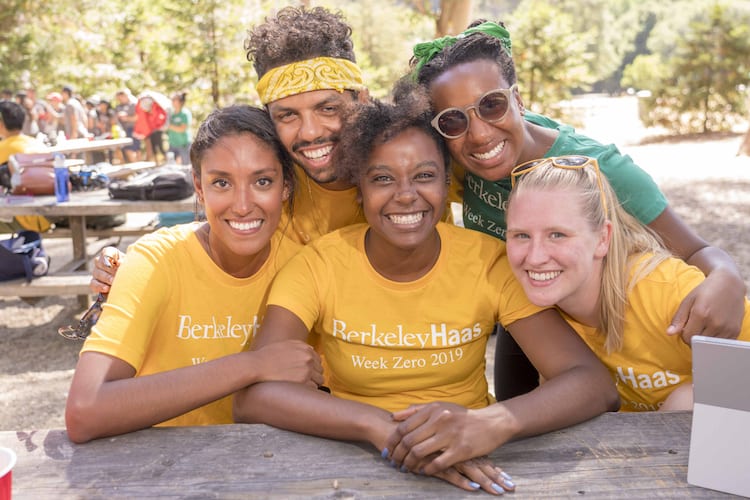






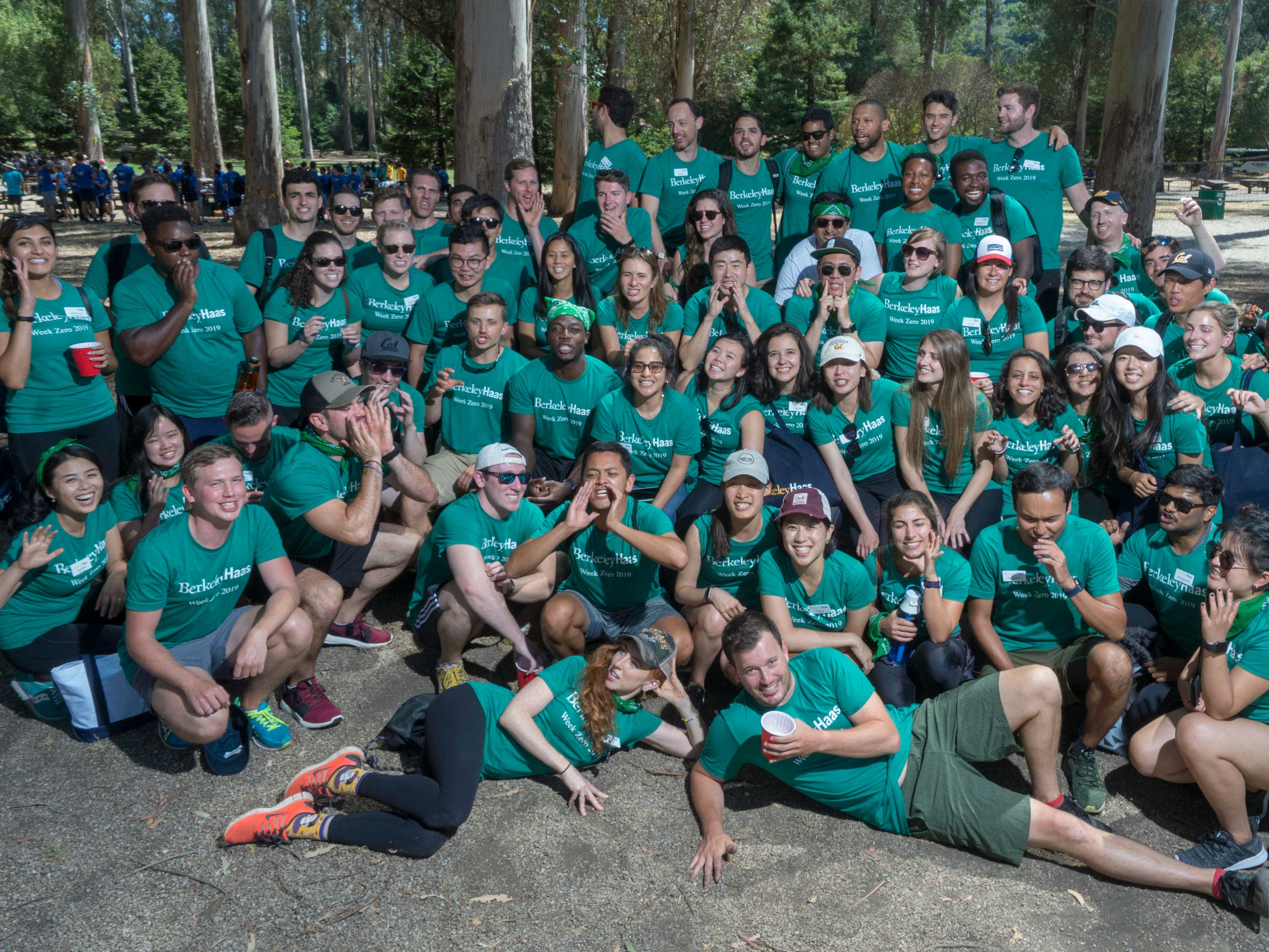
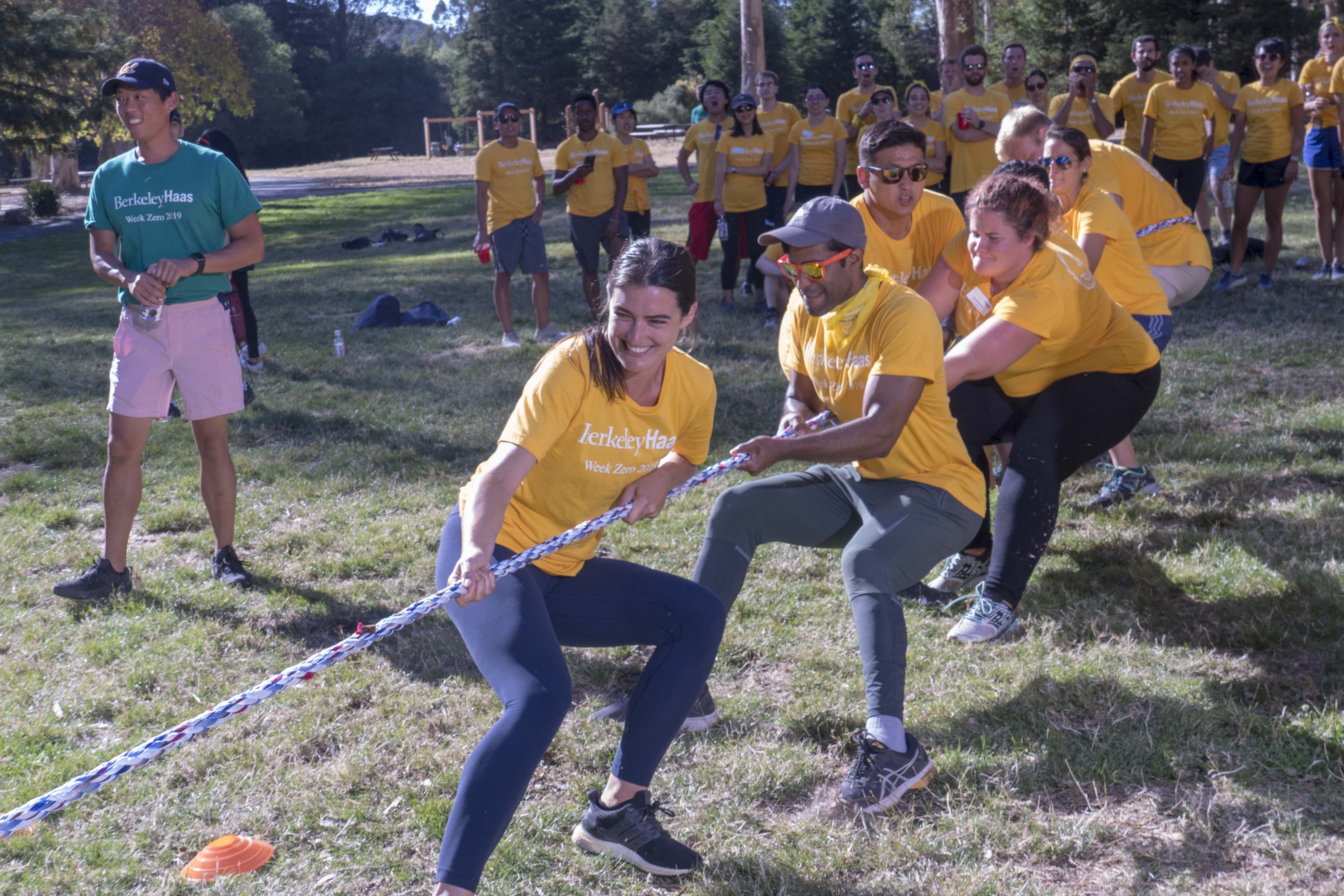


Photos of the Cohort Olympics by Jim Block.
The theme of diversity and inclusion in business ran throughout orientation, also known as Week Zero, for the 283 new students in the full-time MBA class, with sessions on diversity and leadership led by Director of Inclusion & Diversity Élida Bautista, and new Chief Diversity, Equity and Inclusion Officer David Porter.
“We chose the diversity and inclusion theme intentionally this year and we wove it throughout the week,” said Peter Johnson, assistant dean full-time MBA program and admissions. “We want to help our students better understand the business case for diversity and the importance of becoming leaders who are able to effectively guide a diverse and inclusive organization.”
The week kicked off with alumni speaker and Cisco executive Nikita Mitchell, MBA 15, and continued with a business case reveal Tuesday and surprise visitors: executives from global investment management firm BlackRock (students had read a case about BlackRock’s diversity efforts before arriving). Weijian Shan, PhD 87, chairman and CEO of PAG Group, launched the fall Dean’s Speaker Series, discussing his new book “Out of the Gobi: My Story of China and America.” (Watch the video of Shan’s talk here.)
Class members also met their study teams, worked together at an urban farm at the Alameda Point Collaborative, and competed in the annual Cohort Olympics.
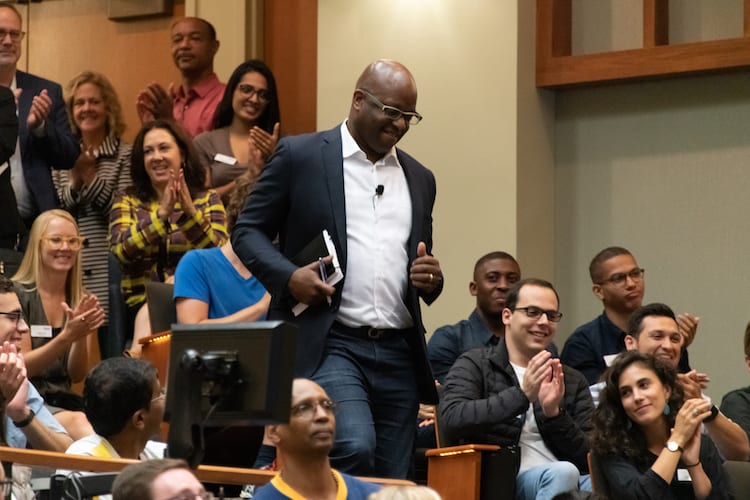
The incoming class of MBA students is comprised of 37% women. U.S. minorities are 30% of the class overall, and underrepresented minorities comprise 14% of the class (or 22% of just the U.S. students). They include a total of 41 African American, Hispanic American, and Native American students—a sharp increase from last year, when they were 7% of the class (11% of the U.S. students). The group is 35% international, hailing from 39 countries; India, China, Brazil, Peru, Canada, Japan, and Mexico are the top represented countries.
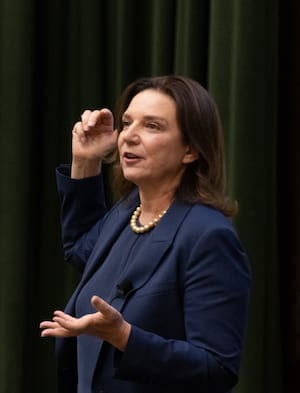
Dean Ann Harrison, addressing her first entering MBA class as dean, urged students to take time to really get to know each other, and to take advantage of the Haas alumni and broader UC Berkeley network. “This place is awesome, and it’s also awesomely demanding,” she said. “We have really high expectations of you. How hard you work this year will immediately pay off.”
Students in the class have an average of five years work experience, 20% in consulting, 17% in finance and financial services, and 11% in the nonprofit world. The class includes 24 veterans.
Morgan Bernstein, executive director of full-time MBA admissions, called out many students by name during a reception, including Manny Smith, who competed at the Team USA World Sprinter Championships and was the Armed Forces Men’s Track Champion in 2017; Randall Nixon, a Division 1 football college quarterback; Margie Cadet, a trained doula who helped expectant mothers; Jung Bahk, a back-up dancer for K-pop singers; and Daniela Kurinaga, who helped give 600 small & medium enterprises their first access to credit at Banco Credito del Peru.
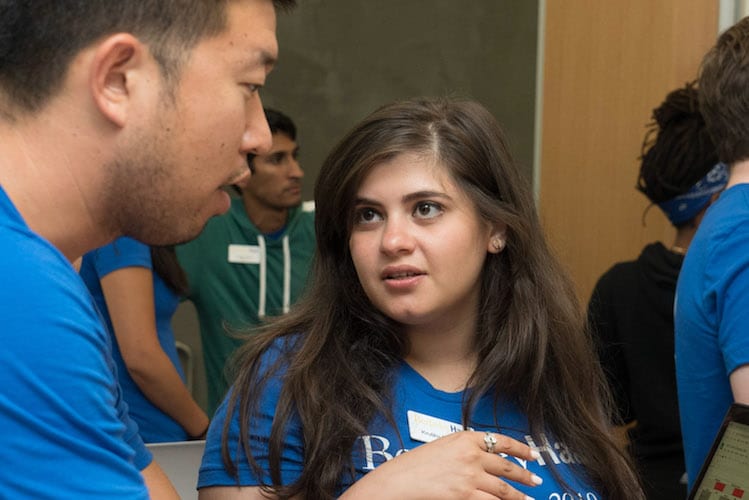
Students said they are excited to begin classes.
“If Week Zero is a representation of what the next two years at Haas will be like, it will likely be the best two years of my life,” said Soniya Parmar, MBA 21, who is from India.
Undergraduate Program
The new class of undergraduate students—an international group of music lovers, cooks, speakers of multiple languages, athletes, travelers, and photographers—kicked off orientation Tuesday in Spieker Forum in Chou Hall. Dean Harrison welcomed the students, professional faculty members Todd Fitch and Krystal Thomas led a discussion on thriving in the Berkeley Haas community. Chief DEI Officer David Porter and Derek Brown, a Berkeley Haas PhD candidate, steered sessions on team building and leadership.
Of the 362 incoming undergraduate students, 265 are continuing UC Berkeley students and 97 transferred into the program. Continuing students held an average GPA of 3.67 and transfer students’ GPA averages 3.89. The class was accepted from a total of 2,663 applicants.
In addition, 49 undergraduate students in the Management, Entrepreneurship, & Technology program (M.E.T.) started this week. The program, a collaboration between the Haas School of Business and the UC Berkeley College of Engineering, grants graduates two degrees—in business and in engineering—in four years, with the goal of providing deep leadership and technology skills.
Over the summer, 28 new students arrived in the undergraduate Global Management Program, a selective, four-year international Berkeley Haas program that launched in 2018. On top of an already demanding undergraduate curriculum, students must fulfill a language requirement, study abroad their first semester, and take specialized global business courses.
“We’re so proud of this international, talented new class,” said Erika Walker, assistant dean of the Haas Undergraduate Program “They’ve achieved amazing feats academically and are going beyond themselves in so many ways inside and outside of the classroom. We can’t wait to see what they do.”
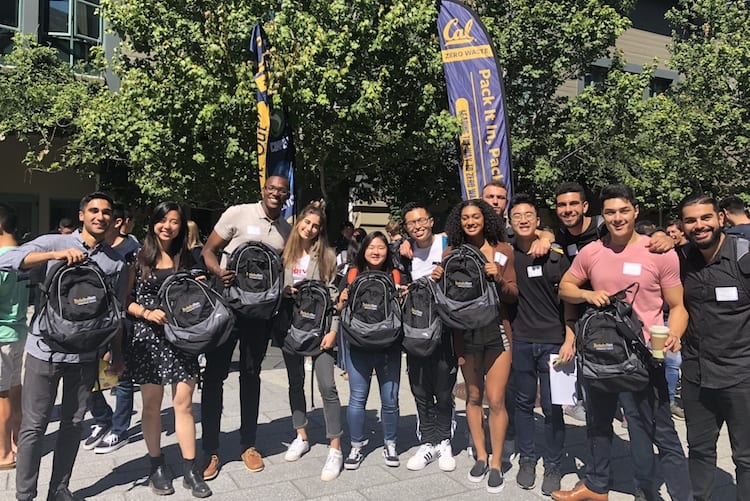
Evening & Weekend MBA Program
The 279 new students in the Evening & Weekend Berkeley MBA Program gathered for their WE Launch orientation July 26-28 at the Doubletree Berkeley Marina, where they were assigned to a cohort of 70 to 75 students for their core courses.
Students in the EWMBA program balance their classes while working full time. Class members work for a total of 216 companies—23% in high tech, 11% in computer related services, and 9% in consulting. The top job role is engineering (18%), followed by marketing and sales (15%).
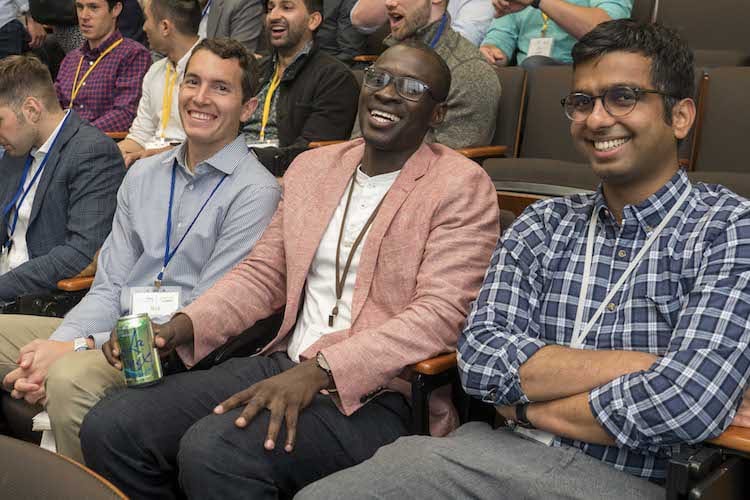
Seventy-nine percent of the class lives and work in the Bay Area, although the students hail from 21 countries. More than a third of the class are women and the median student age is 30.
A few fun facts: one student was an extra in the 2011 Steven Soderbergh movie “Contagion,” while another founded the Bay area’s Greenfoot Hiking Club, which has more than 350 members. The class also includes a former pro baseball player and an opera singer. Many of the students are multi-lingual (one even speaks seven languages).
PhD Program
Twelve new students began the PhD program this year, bringing the total number of the students in the program to 71.
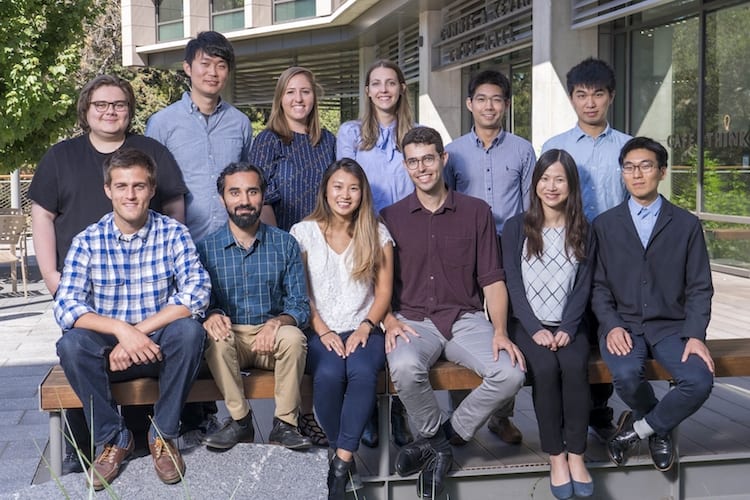
The new students are international, hailing from China, Russia, Korea, and India and from universities including Carnegie Mellon, Higher School of Economics Moscow, the University of Pennsylvania, Harvard, Duke, UC Berkeley, and Tsinghua University.
Their research areas range from the impact of gender bias on women to why people make systematic errors with certain types of choices. “It’s always so exciting to follow our students as they work their way through this rigorous program, to learn about their fascinating research, and ultimately how it contributes to their field,” said Melissa Hacker, the program’s director of student affairs.
